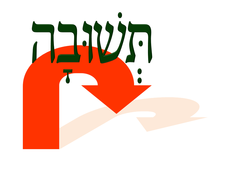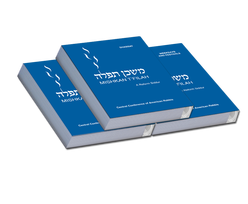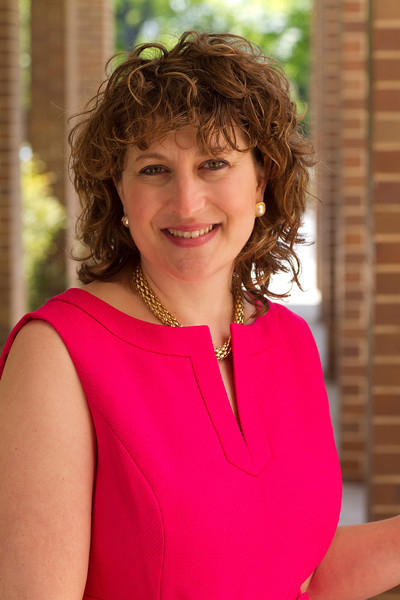
Throughout the month of Elul, the month preceding Rosh Hashanah, I will be sharing daily reflections to help each of us prepare for the upcoming High Holy Day Season. I hope these thoughts inspire each of us to make time, find the energy and initiate some passion as we reflect and examine this past year, in preparation for the year to come.
Tonight begins the 27th day of Elul, only three days until Erev Rosh Hashanah. So it is time for us to allow the many themes of this month to lead us on a path of teshuvah, of repentance, and through repentance, perhaps we will find a sense of renewal and revival.
I remember, a few years ago, that I had been out of touch with two dear friends. During the month of Elul, perhaps because it was the month of Elul, I reached out to each one of them. Though my emails were not filled with the classic terminology around teshuvah, that of asking forgiveness and repent, I did apologize for the lack of connection and communication that had occurred for many months.
One friend saw this as an opportunity to rekindle our friendship, and it started a regular flow of emails and phone calls, as if no time had passed. Now, even though we may not speak for months, we do not ever hesitate any more to be in touch with one another, because we acknowledged verbally the awkward pain of no communication for too long.
The other of these friends returned my email with a heart felt email of pain and challenge that she had been experiencing in life. She was sorry as well, in her own way, that we had not been in touch. I will forever treasure that correspondence for it was our last meaningful one. Just a few months later, she died very quickly and far too young, and I knew that God’s light had encouraged me to reach out during that particular month of Elul, to mend a bridge that needed repair.
Sometimes all we need to do to make teshuvah is to simply reach out; to show we care. Other times, we need to work a bit harder to ask forgiveness, and to repent. We are taught that there are two kinds of repentance: repentance between human beings, and repentance between ourselves and our God.
As the New Year is almost upon us, let us begin to truly make teshuvah. The first time you either ask for or receive teshuvah, it may feel awkward or strange. But there is something so powerful about the process of teshuvah, both for one who is seeking the teshuvah, and the one who might be receiving it as well.
As we hear the hundred blasts of the shofar on Rosh Hashanah, let our souls be awakened, and let it be a call for us to truly begin, if we have not already done so, the real process of teshuvah.
Shanah Tovah,
Rabbi Debbie Bravo
Now let the sound of the shofar be heard!
| | Tekiah G'dolah! |


 RSS Feed
RSS Feed
